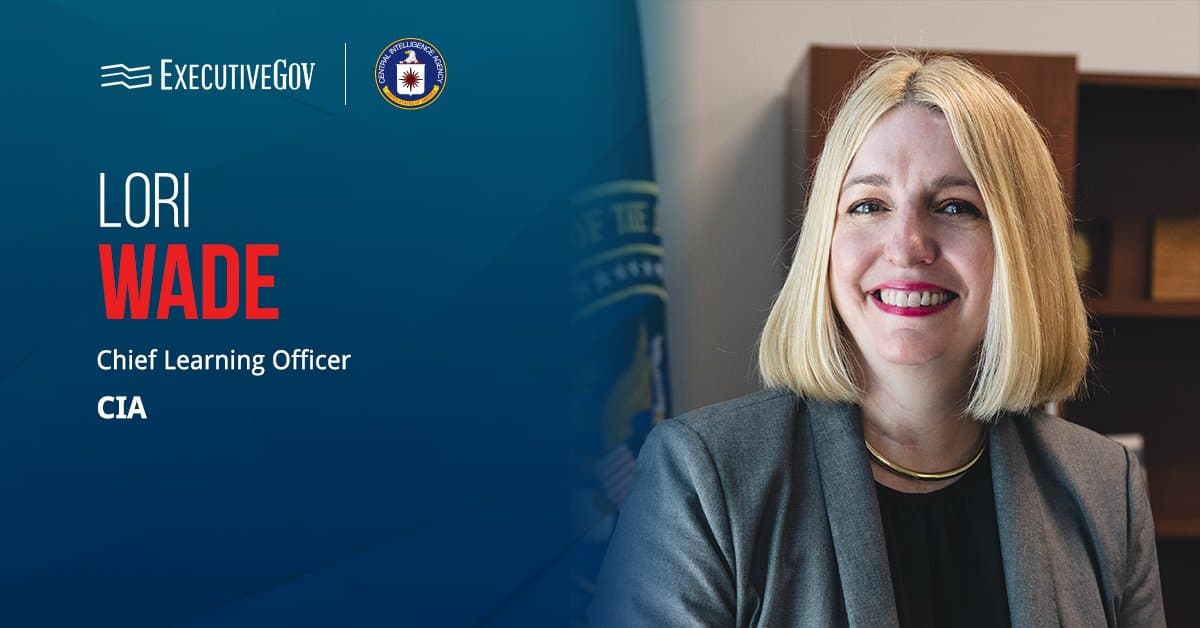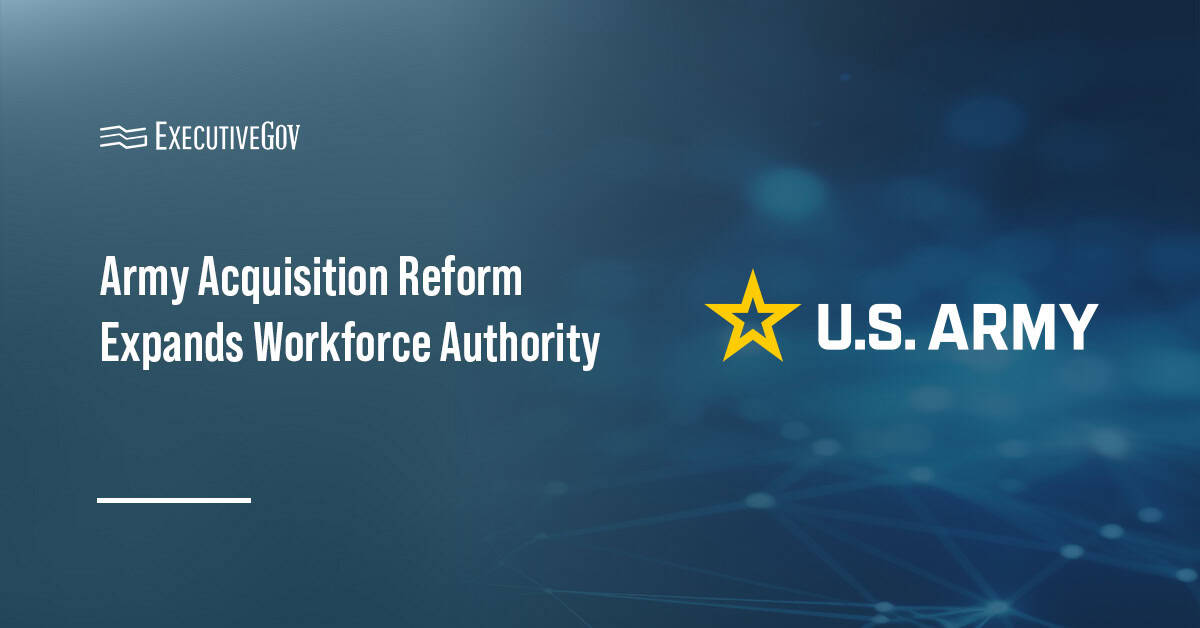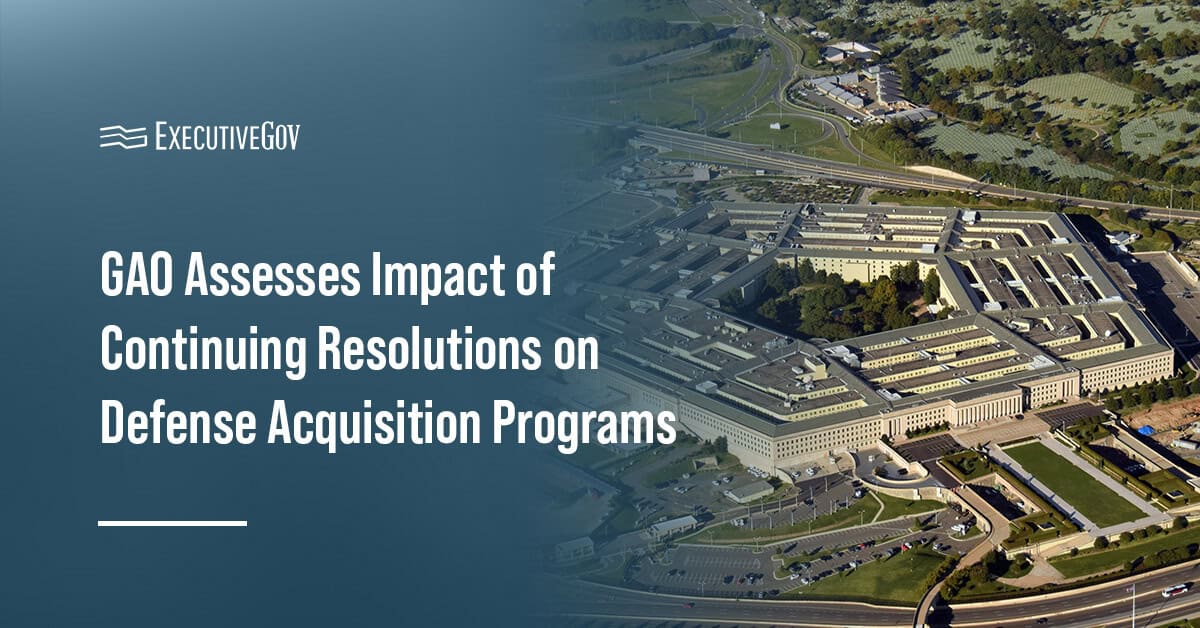 The House voted Tuesday to pass a bill that would mandate the Department of Homeland Security to provide lawmakers more information on DHS’ policies and procedures for disclosing cyber vulnerabilities to industry, The Hill reported Tuesday.
The House voted Tuesday to pass a bill that would mandate the Department of Homeland Security to provide lawmakers more information on DHS’ policies and procedures for disclosing cyber vulnerabilities to industry, The Hill reported Tuesday.House members approved the Cyber Vulnerability Disclosure Act nearly two months after the Trump administration issued a charter on the “vulnerability equity process” for government agencies to determine if they should disclose or withhold security flaws in information systems and technology platforms.
The bill would require DHS to describe strategies to coordinate cyber vulnerability disclosures through a report for submission to Congress.
Public advocacy groups and private companies have pushed for increased transparency on the disclosure process since 2014.
Rep. Sheila Jackson Lee (D-Texas) introduced the legislation in July of last year.





